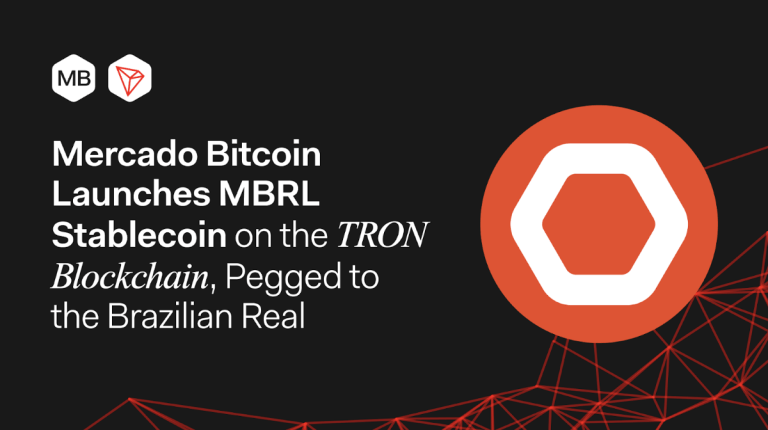Blockchain platform Algorand has today announced the launch of the Algorand Virtual Machine (AVM), a layer-1 protocol upgrade designed to enhance decentralized app scalability for developers and organizations, enable instant transaction finality, as well as sustain a negative carbon output.
In addition to these advancements, the AVM also will give developers program tools to write smart contracts in Python or Reach, a similar format to the multi-paradigm web page language Javascript.
Two weeks ago, Algorand showcased their highly-anticipated smart contract architecture with the implementation of Plutus-powered scripts in the Alonzo hard fork. This was a notable advancement in Algorand’s ambitious roadmap, though Algorand was cautious in stressing that expectations should be sensible, and that albeit publicly launching over two years ago, the platform still believes that this is “early days for the project.”
Despite anticipation around the greater utility expected, data from Vercel app reveals that only 27 Plutus-powered smart contracts have been deployed at the time of writing.
Related: Here’s why Algorand’s price just rallied to a new multi-year high
Owen Colegrove of Algofi, a decentralized banking platform built upon Algorand, stated:
“ AVM, coupled with Algorand’s existing high performance, enables scale at an entirely new level. Additionally, it’s incredibly easy to quickly iterate, streamline and improve our product, first with the lending protocol and later on with more DeFi banking services.”
Earlier this month, the Algorand Foundation launched a $150 million fund focused on the cultivation of the platforms decentralized finance ecosystem, in addition to fostering growth for synthetic applications and NFT platform, amongst others.
Data from Cointelegraph Markets and TradingView reveals that Algorand’s native token (ALGO) is currently priced at $2.13. As of now, the value of the above fund stands at close to $320 million.




